
From a “Jeopardy!” winner taking her wig off on the gameshow to childhood patients with cancer in Ukraine being bussed to neighboring countries to safely receive treatment, here’s what’s happening in the cancer space this week.

Brielle Benyon, Assistant Managing Editor for CURE®, has been with MJH Life Sciences since 2016. She has served as an editor on both CURE and its sister publication, Oncology Nursing News. Brielle is a graduate from The College of New Jersey. Outside of work, she enjoys spending time with family and friends, CrossFit and wishing she had the grace and confidence of her toddler-aged daughter.
Follow Brielle on Twitter @Brielle_Benyon.

From a “Jeopardy!” winner taking her wig off on the gameshow to childhood patients with cancer in Ukraine being bussed to neighboring countries to safely receive treatment, here’s what’s happening in the cancer space this week.

CAR-T cell therapies offer patients with lymphoma a chance for long-term remission, but none have yet to receive a greenlight from the FDA as a first line of treatment.

Ninety-eight percent of patients with pretreated relapsed/refractory myeloma responded to treatment with Carvykti, a newly approved CAR-T cell therapy for this patient population.
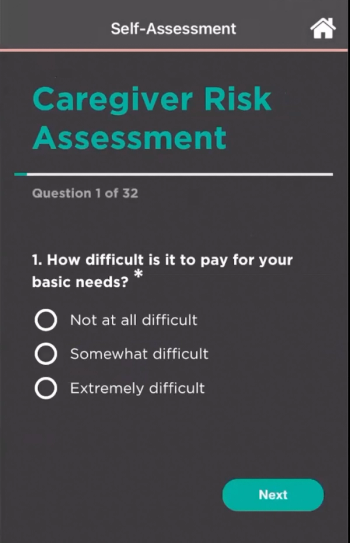
When caregivers — considered by many to be an essential part of a patient’s care team — have the tools they need to care for themselves and their loved ones, cancer outcomes can be better, too.

The Food and Drug Administration plans to speed up its review of Opdivo in the pre-surgical setting for patients with non-small cell lung cancer.

There are now more drugs than ever to treat and prevent graft-versus-host disease in patients with blood cancer who receive a stem cell transplant.
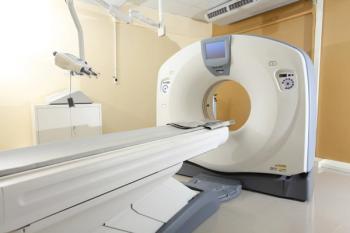
The use of PET imaging midway through oropharynx treatment may help identify patients who can de-escalate their radiation without compromising tumor control.
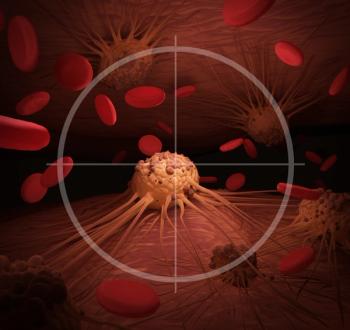
Treatment with TRPH-222 led to lasting responses in certain patients with relapsed/refractory B-cell non-Hodgkin lymphomas, warranting a larger investigation into the drug, according to the researchers.
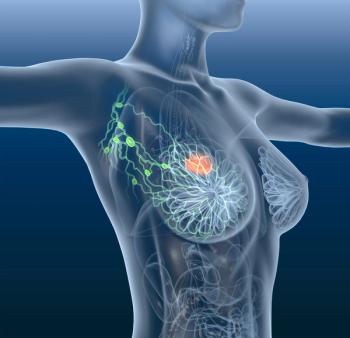
Treatment with Enhertu was associated with improved survival across several subgroups of patients with metastatic breast cancer, compared with standard-of-care chemotherapy.

Nina Luker has shared her journey with diffuse large B-cell lymphoma on social media with more than 100,000 followers, but says she noticed a difference in the kinds of comments she received after treatment was over and she was deemed “not as vulnerable” anymore.

Fotivda – a TKI drug that was approved last year – not only improved survival outcomes, but was also very tolerable in terms of side effects for patients with metastatic renal cell carcinoma.

CURE® asked its readers to share their difficulties eating after cancer, and what they did to help combat those challenges.
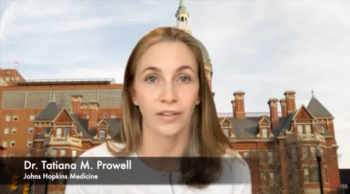
An oncologist from Johns Hopkins Medicine outlines why the Centers for Disease Control and Prevention changed its masking guidance in 2022, and why high-quality masks are particularly important for patients with cancer.

The Food and Drug Administration will review data on Breyanzi (lisocabtagene maraleucel) — a CAR-T cell therapy — for use in the second-line setting for patients with relapsed or refractory large B-cell lymphoma to determine if the indication will be granted approval.

A large study of women with HER2-negative breast cancer showed that daily aspirin use had no effect on breast cancer outcomes.

At a 30-month follow-up, patients with renal cell carcinoma — which is the most common type of kidney cancer — who underwent nephrectomy continued to benefit from Keytruda after the surgical removal of the affected kidney.
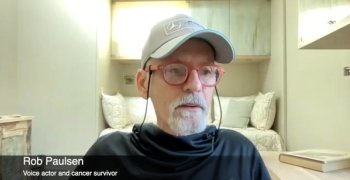
After realizing that alcohol and spicy foods were excruciating to consume after treatment, throat cancer survivor Rob Paulsen learned that smoothies were a much healthier — and more soothing — option.

From the use of BTK inhibitors to maintenance therapy, an expert highlights how the treatment landscape of mantle cell lymphoma has drastically changed for the better in recent decades.

More research is necessary, says an expert, to improve responses to CAR-T cell treatments in patients with chronic lymphocytic leukemia.

A blood cancer specialist discusses how the development of tyrosine kinase inhibitors in the 1990s to treat chronic myelogenous leukemia drove major oncology advancements over the next three decades.

A speech and swallowing specialist recommends that patients with head and neck cancer who have difficulties chewing and swallowing food eat before attending social situations to mitigate anxiety about eating around others.

As the number of cancer diagnoses continues to rise in the United States, the relaunch of President Joe Biden’s Cancer Moonshot is needed now more than ever, explained an expert at Hackensack Meridian John Theurer Cancer Center.

The executive director of the National LGBT Cancer Network discussed the past two decades of positive change in LGBTQ cancer care and highlighted what more still needs to be done.
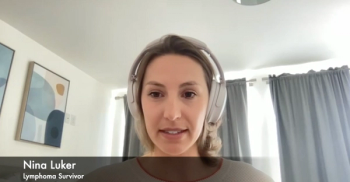
“Coping for me has been routine-based, and that is making sure I do the things that are in my day that are really foundationally making me feel joyful,” says a survivor of an advanced-stage cancer on how to cope with “scanxiety.”
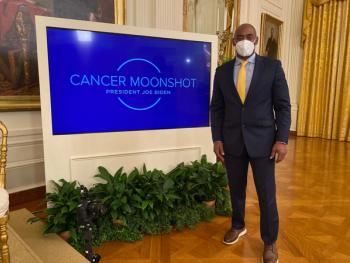
After the death of his wife, former NFL linebacker Chris Draft has been advocating for improvements for all patients with cancer — a mission that perfectly aligns with the recently relaunched Cancer Moonshot initiative.
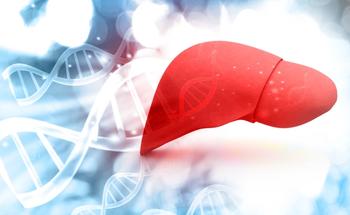
Treatment with a combination of PD-1 inhibition, minimally invasive chemotherapy and Lenvima improved outcomes for patients with unresectable liver cancer compared to PD-1 inhibition and Lenvima alone.

In honor of World Cancer Day, experts from the National Comprehensive Cancer Network discussed efforts to reduce disparities in cancer care across the United States.

After preliminary results showed promise for the combination, researchers are expanding their clinical trial for PDS0101 plus Keytruda in HPV-related head and neck cancer.

President Joe Biden announced today that he is relaunching the Cancer Moonshot initiative, with the goal of decreasing cancer-related deaths by 50% within the next 25 years.
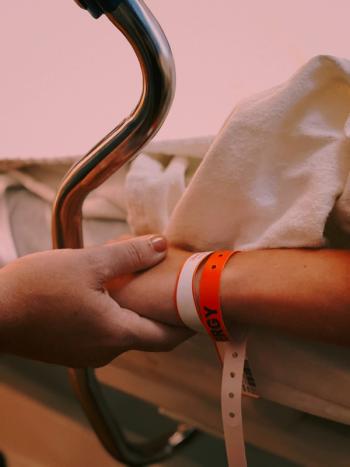
The Cancer Support Community’s Cancer Experience Registry amplifies the voices of patients, survivors and caregivers by finding and addressing critical gaps in cancer care.